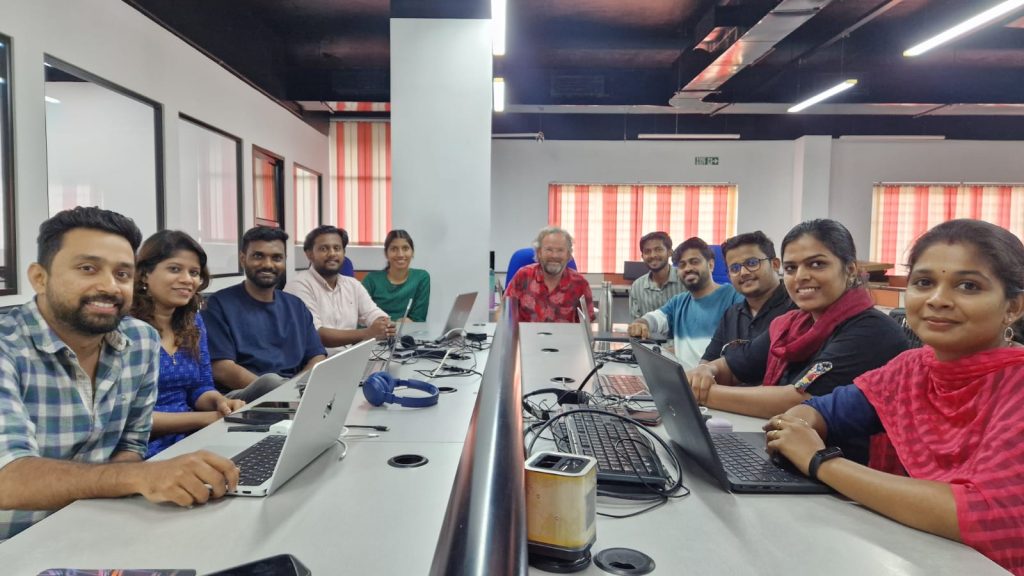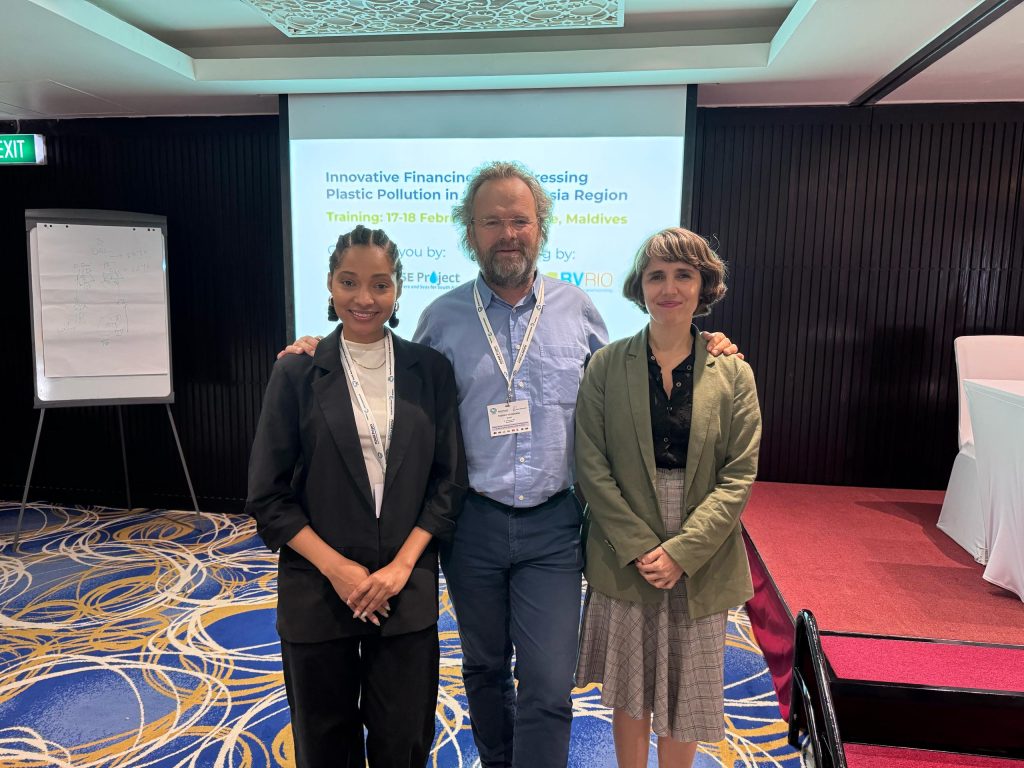BVRio actively participated in the Economist Impact’s Global Plastics Summit, in Bangkok last week, which aimed to support the negotiations of the UN treaty against plastic pollution. BVRio provided a critical perspective on social inclusion, emphasising the importance of a just and inclusive transition within the plastics treaty, drawing from our extensive experience creating waste management solutions focusing on informal waste pickers.
Maria Accioly, BVRio circular economy specialist, spoke during the panel session ‘A social lens – a just and inclusive transition in the plastics treaty’. She highlighted crucial facts concerning the costs associated with recycling and the pressing need to include and adequately remunerate frontline waste management workers worldwide.
She stressed the significance of offering fair compensation for the environmental services they provide to society, acknowledging that waste pickers are still heavily reliant on the market prices of recyclable materials, which have considerable volatility. In addition, few materials have a good market value, often resulting in ‘cherry-picking’ the highest-value materials. Maria highlighted the collection and sorting of recyclable waste as an essential public service that needs to be subsidised, and therefore the need to guarantee fair remuneration for waste pickers to sustain their operations in the long term.
Maria commented on the event, “The event was objective and productive, focused on discussing what needs to be improved in the treaty’s Zero Draft (drawn up after INC-2). The aim was to create a space for discussion between various stakeholders and bring concrete contributions to inform the negotiations between the 175 States participating in INC-3. We hope these voices can effectively be heard.”
BVRio remains committed to advancing these vital discussions and fostering a more inclusive approach to tackling the plastic pollution crisis and will participate in the upcoming INC-3 in Nairobi.



